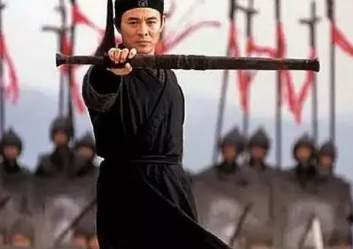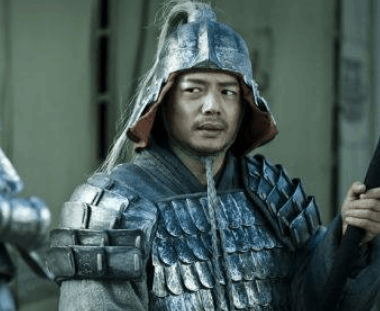The Four Assassins are famous assassins in Chinese history. They were professionals in assassination and left many legendary stories in history. So, who are the Four Assassins?

The four assassins recorded in "Records of the Grand Historian" are Zhuan Zhu, Nie Zheng, Yu Rang, and Jing Ke. Their creed is "A warrior dies for his friend", and they have left their names in history with their fearless spirit and grand feats that shake the mountains and rivers. Their brave deeds have been praised for generations.
Among them, Zhuan Zhu was a minister of the Wu Kingdom. Because he was dissatisfied with the tyranny of King Fu Chai, he decided to assassinate him. Nie Zheng was an assassin of the Zhao Kingdom who had served the country but decided to seek revenge because he was wrongly accused. Yu Rang was an assassin of the Jin Kingdom who decided to assassinate the general Bai Qi of the Qin Kingdom because he deeply loved his king.
Jing Ke was an assassin during the Warring States period in China. He went to the Qin Kingdom to assassinate the tyrant Qin Shi Huang, but he ultimately failed. These four assassins have an important position in Chinese history, and their stories have been widely told, becoming one of the classic images in Chinese culture.
Disclaimer: The above content is sourced from the internet and the copyright belongs to the original author. If there is any infringement of your original copyright, please inform us and we will delete the relevant content as soon as possible.































